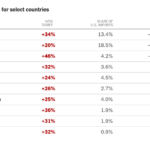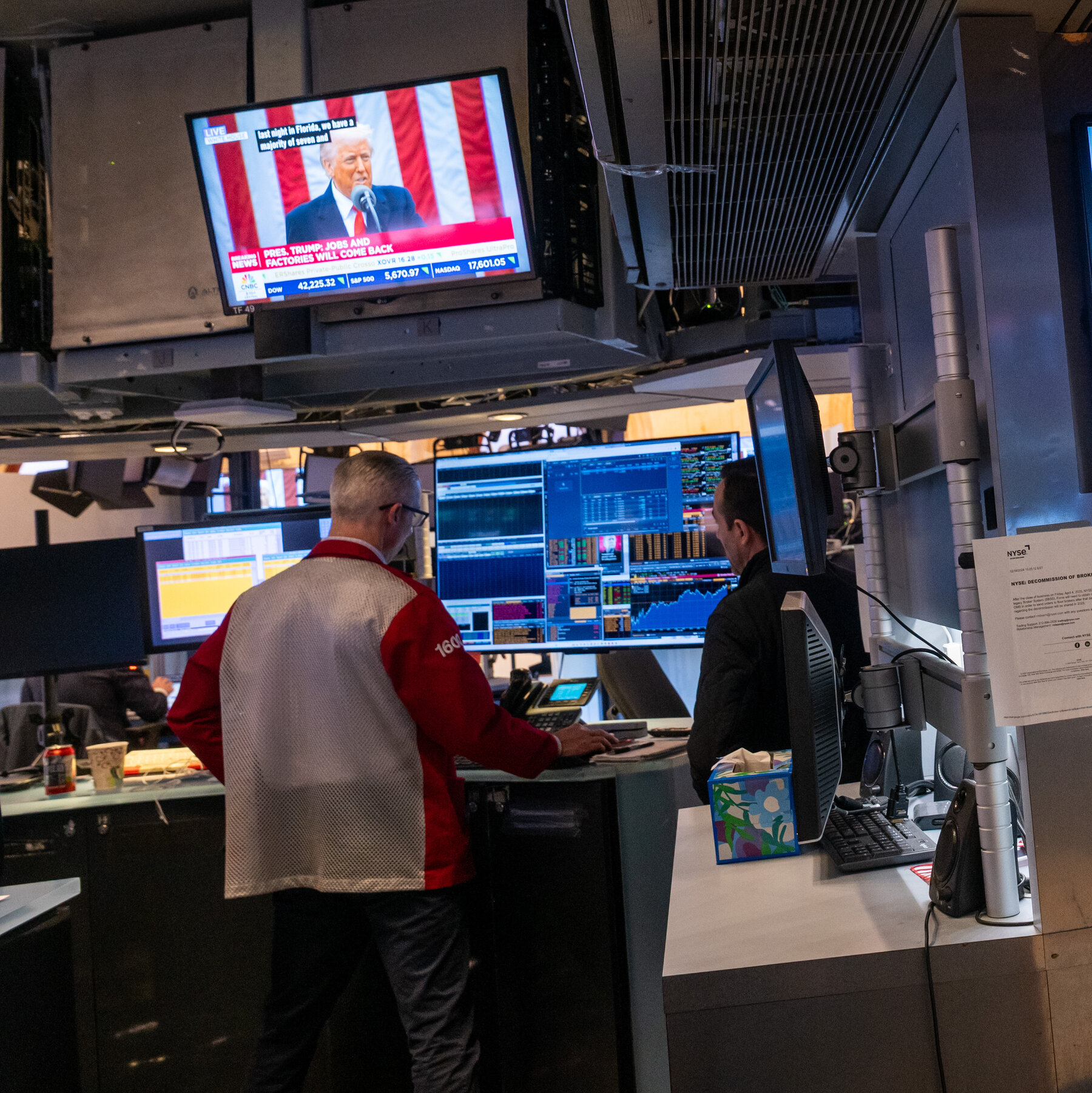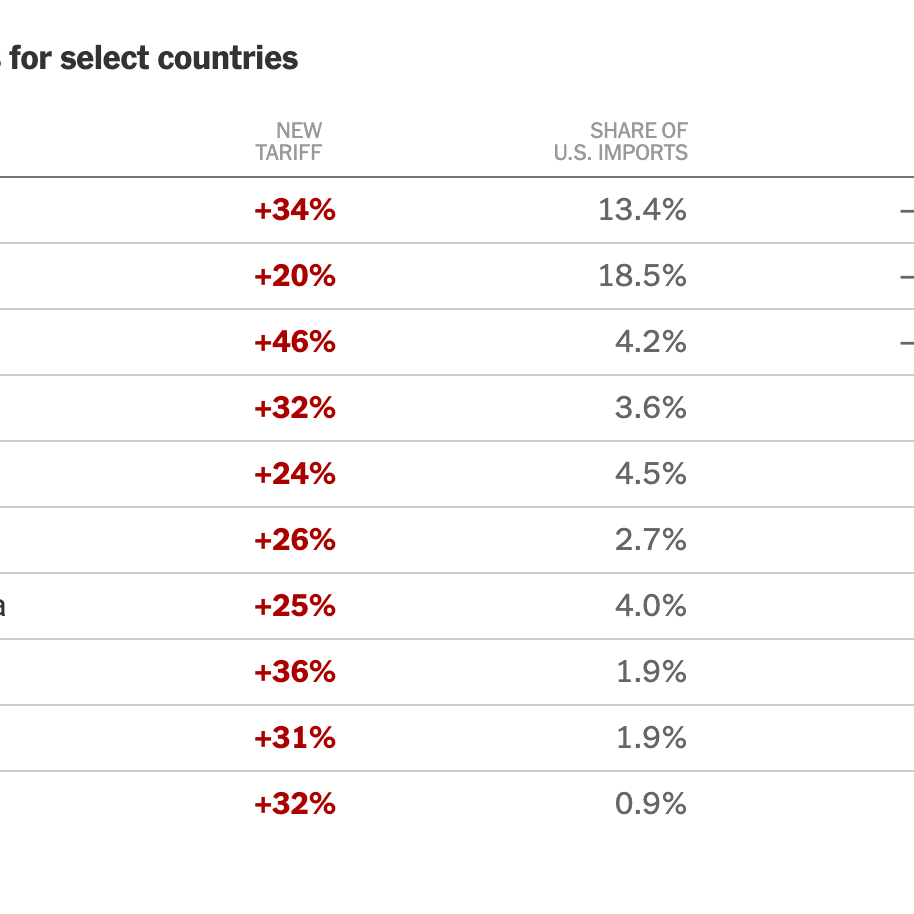Inflation, Interest rates, Business, Economics, World news, US news Business | The Guardian
Central banks may not aim for such an outcome but will probably adjust interest rate decisions in a way that makes it more likely than deep recessionListening to central bankers, one would think that the recent bout of high inflation was merely an excusable post-pandemic forecasting error made under extreme uncertainty. But while this narrative now prevails in markets and the financial press, it presumes a level of central-bank independence that is simply unrealistic in today’s volatile economic and political environment. And even if central banks manage to get inflation back down to 2% in the foreseeable future, the likelihood of another inflationary surge within the next five to seven years has significantly increased.This is not to say that individual central bankers are untrustworthy. The problem is that most central banks are not as independent as many believe. In a global environment marked by political polarisation, onerous government debt burdens, geopolitical tensions, and deglobalisation, central-bank autonomy cannot be absolute. As unelected technocrats, central bankers may have short-term operational independence but governments ultimately control appointments and oversee budgets. In many countries, the government also has the power to reset monetary mandates. Continue reading…
Central banks may not aim for such an outcome but will probably adjust interest rate decisions in a way that makes it more likely than deep recession
Listening to central bankers, one would think that the recent bout of high inflation was merely an excusable post-pandemic forecasting error made under extreme uncertainty. But while this narrative now prevails in markets and the financial press, it presumes a level of central-bank independence that is simply unrealistic in today’s volatile economic and political environment. And even if central banks manage to get inflation back down to 2% in the foreseeable future, the likelihood of another inflationary surge within the next five to seven years has significantly increased.
This is not to say that individual central bankers are untrustworthy. The problem is that most central banks are not as independent as many believe. In a global environment marked by political polarisation, onerous government debt burdens, geopolitical tensions, and deglobalisation, central-bank autonomy cannot be absolute. As unelected technocrats, central bankers may have short-term operational independence but governments ultimately control appointments and oversee budgets. In many countries, the government also has the power to reset monetary mandates.









